Menu
In a mental health crisis? Call or text 988.
Get Help at CHC 
What are you looking for?

Training the Next Generation of Clinical Psychologists
CHC Doctoral and Postdoctoral Programs Bring Culturally Informed and Experienced Practitioners to Communities
According to the American Psychological Association (APA) 2023 Trends Report, experts say the biggest challenge facing mental health care providers right now is a shortage of providers trained to meet the mounting needs of children and adolescents. And the statistics are even more dire, with the APA’s 2022 COVID-19 Practitioner Impact Survey reporting that “Across age groups, the largest increase in patients was from adolescents ages 13–17, with 46% of psychologists reporting increases over the prior 12 months.” As a longstanding provider of clinical training programs for pediatric clinical psychologists of nearly 30 years, CHC is doing its part to fill this gap.
Renowned for its excellence as a clinical training site, CHC’s professional training programs include: the CHC / Lucile Packard Children’s Hospital (LPCH) Stanford Consortium Internship, the CHC Postdoctoral Fellowship, and the newest addition to CHC’s training offering, the Ravenswood Wellness Partnership Training Consortium for Doctoral practicum and Master’s level Psychology-level students.
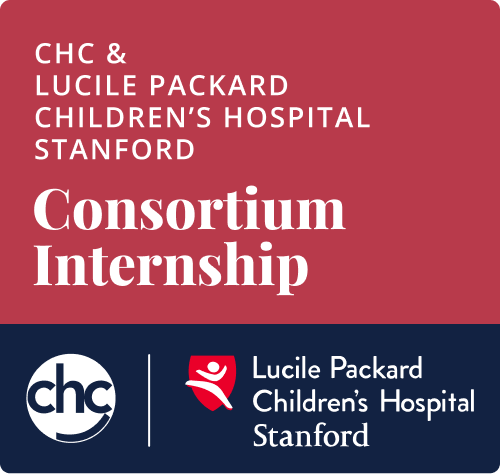
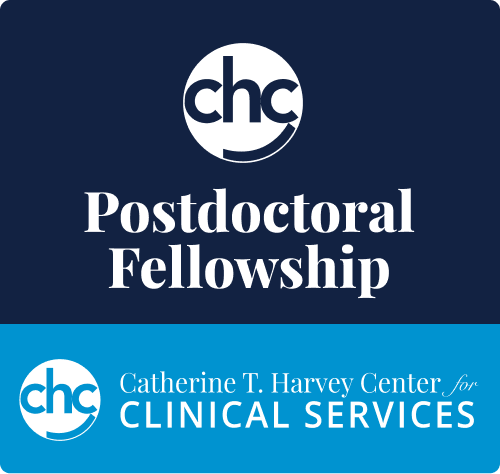
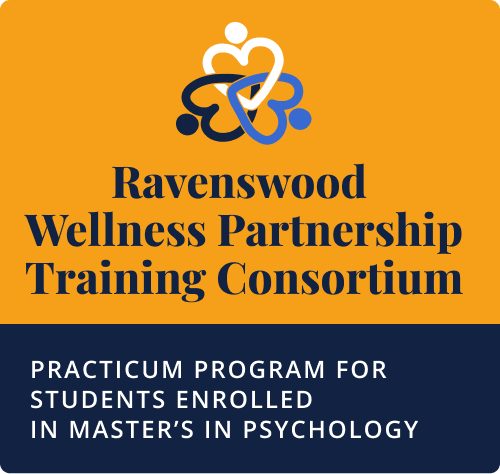
Over 150 psychologists have emerged from these highly competitive programs, with each graduate serving hundreds of clients in their communities, and in many cases, training others in the field at universities, mental health clinics and medical centers across the nation.
The programs are critical, as the need for qualified clinicians has never been greater. Dr. Ramsey Khasho, CHC Chief Clinical Officer (CCO) and Licensed Clinical Psychologist explains, “Given the shortage of behavioral health professionals it's just as important for CHC to be the provider that trains the next generation of clinicians, particularly those that can service culturally diverse populations. We're creating opportunities where new professionals can see the value in doing collaborative, multidisciplinary community-based work, and learn the ropes from experienced professionals.”
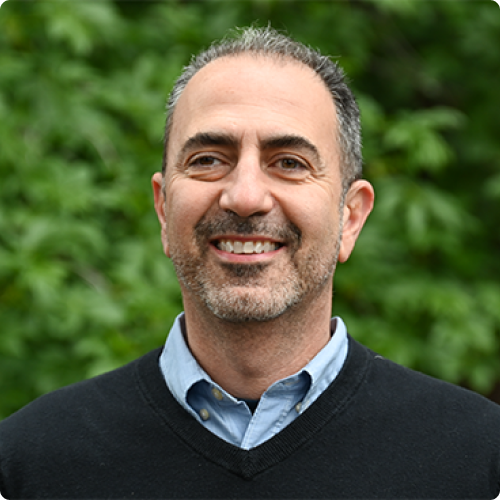
Dr. Ramsey Khasho, CHC Chief Clinical Officer (CCO) and Licensed Clinical Psychologist at CHC
“Given the shortage of behavioral health professionals it's just as important for CHC to be the provider that trains the next generation of clinicians, particularly those that can service culturally diverse populations.”
—Dr. Ramsey Khasho, CHC Chief Clinical Officer (CCO) and Licensed Clinical Psychologist
Selecting the Best of the Best
The selection process for the interns and fellows is highly competitive. This year, there were 132 applicants for only four positions in the CHC / LPCH doctoral internship program. Applicants come from high caliber doctoral training programs across the country in clinical, developmental or school psychology.
Occasionally, the doctoral interns decide to apply to CHC’s postdoctoral training program as well. Postdoctoral training in clinical psychology is the final step before taking national and state exams to become licensed as a psychologist. A graduate student in psychology can expect to spend six to eight years in coursework and training to become a psychologist after obtaining their bachelor’s degree.
Psychology students must obtain 3,000 hours of supervised professional experience in order to sit for the state licensing exam. CHC recruits interns and postdocs who already have solid foundational skills and then work with them to enhance those skills in applying them appropriately with clients from different backgrounds.
Building a Robust Program and Responding to Community Need
The program’s success in recruiting excellent interns and postdoctoral candidates is due to a combination of factors: their work in staying at the forefront of evidence-based work and response to the cultural landscape.
Intern and postdoc training now includes more focus on treating various types of trauma than in past decades. Many clients who come to CHC have challenges with depression, anxiety, and impulsive or otherwise disruptive behaviors, some with comorbid mental health conditions such as neurodevelopmental disorders (including Autism Spectrum Disorders).
Therapies have also changed with “third wave” cognitive behavioral therapies, which are evidence-based treatments that emphasize emotion regulation, social understanding and recovery from trauma. These treatment approaches use many techniques to help clients develop skills such as mindfulness, distress tolerance, cognitive flexibility, self-esteem enhancement, and interpersonal effectiveness.
Interns and fellows also directly work in the RISE Intensive Outpatient Program (IOP) for at-risk adolescents, which is also another CHC / Stanford partnership. It is a win-win for the community and the trainees, resulting in increased capacity for the IOP and a robust training experience for the interns.
A Resource for CHC Clients and Beyond
The graduates of these programs effectively benefit both CHC and communities beyond its doors. One former postdoc fellow, Dr. Zahra Murtaza, who recently graduated in 2021, is now the CHC Ravenswood Program Manager, helping to serve 400 families annually throughout the communities of East Palo Alto and east Menlo Park.
“I am so grateful for the high-quality and compassionate supervision, training and mentorship which I received during my postdoctoral fellowship year here,” says Dr. Murtaza. “In addition to the training, I worked with diverse clients and learned from a fantastic multidisciplinary team regularly. As a result, I developed the confidence to put myself in complex and challenging situations daily in my work. Serving diverse communities is my passion, so it’s also exciting for me to be working at CHC where I can use both my clinical skill set and linguistic abilities in Urdu/Hindi, Spanish, and English.”
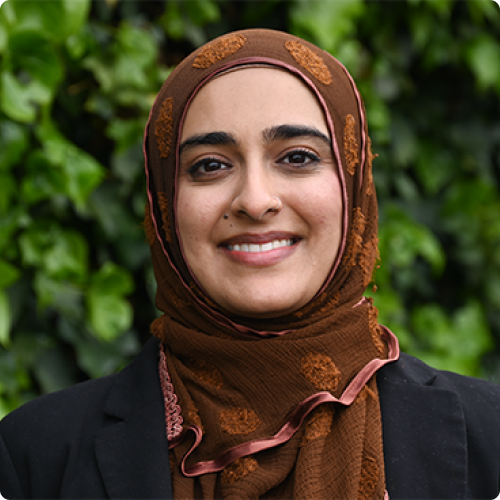
Dr. Zahra Murtaza, CHC Ravenswood Program Manager and former postdoc fellow
“Serving diverse communities is my passion, so it’s also exciting for me to be working at CHC where I can use both my clinical skill set and linguistic abilities..."
—Dr. Zahra Murtaza, CHC Ravenswood Program Manager and former postdoc fellow
Some graduates become clinicians at CHC like Dr. Murtaza, and others set up their own practices outside of CHC in their local communities. For example, former doctoral intern and postdoc fellow, Dr. Carol Wong, works with children on the autism spectrum through her own private practice in the local Bay Area community.
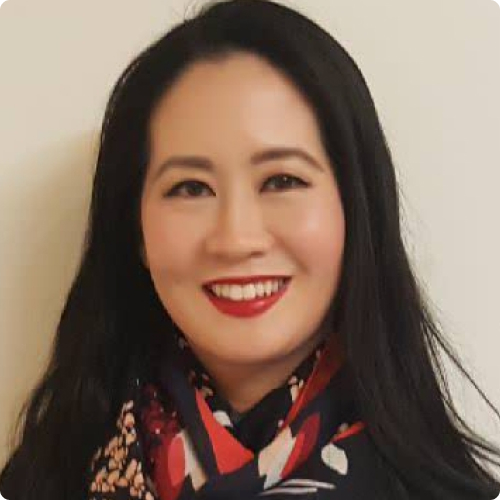
Dr. Carol Wong, Child Psychologist
“I am grateful that CHC has prepared me well to work with a diversity of clients,” says Dr. Wong. “As a result, I developed specialties in Autism Spectrum Disorder and social skills group therapy which are the cornerstones of my private practice today. Furthermore, my training at CHC has inspired me to pay it forward and give back to the community by training a new generation in group therapy as a practicum supervisor for Palo Alto University's clinical psychology Ph.D. program.”
Through a rigorous process, the CHC doctoral program has been accredited through the American Psychological Association (APA) since 1990, and recently the programs received a 10-year re-accreditation, the maximum term possible. This process requires careful consideration throughout each training year in order to adhere to the APA standards of accreditation.
CHC is deeply invested in expanding clinical training programs to increase the workforce and help more young people. It will take the entire community and CHC’s philanthropic partners to advance this effort and bridge the service gap. Dr. Khasho would like to see the program expand the number of interns and deepen the training experience, especially through its postdoctoral program. These are challenging times in the field, with an increasing demand for more clinicians and clinical supervisors being overstretched. “There is a need for more training opportunities like these, and these types of programs need funding to sustain,” says Dr. Khasho. “These high-caliber training opportunities encourage more people to practice here in the Bay Area and ultimately provide more care to our communities. Witnessing the clinicians that come out of these programs gives me hope that we can meet the needs of our communities in truly innovative and effective ways.”


